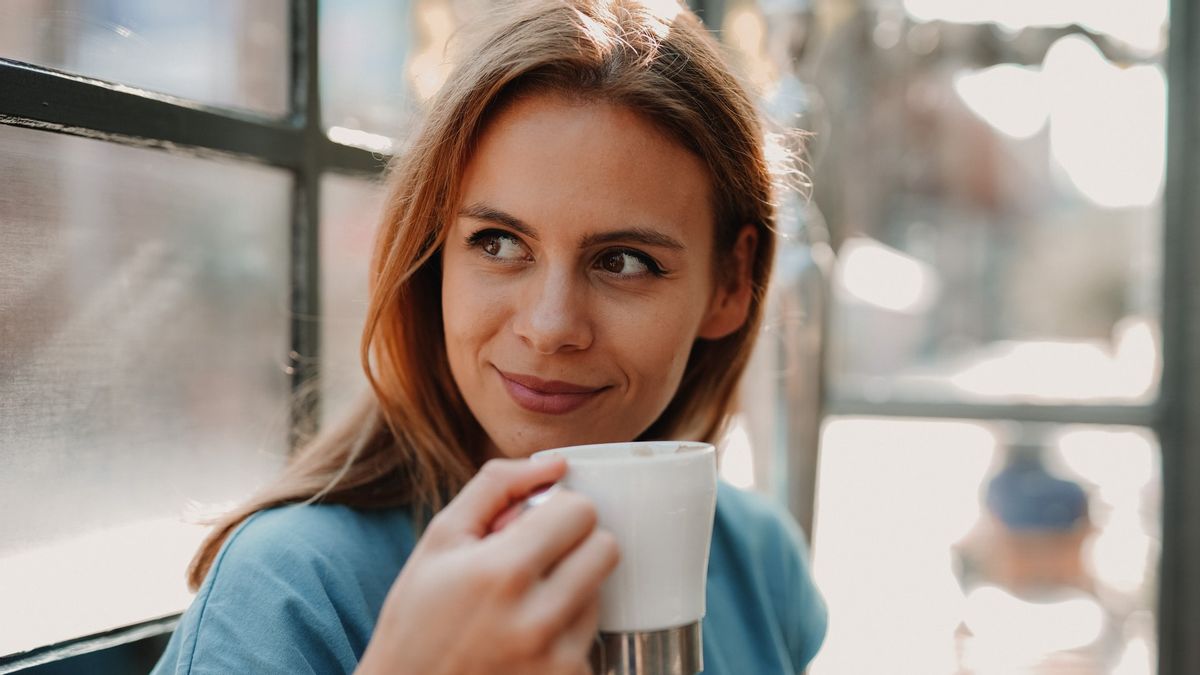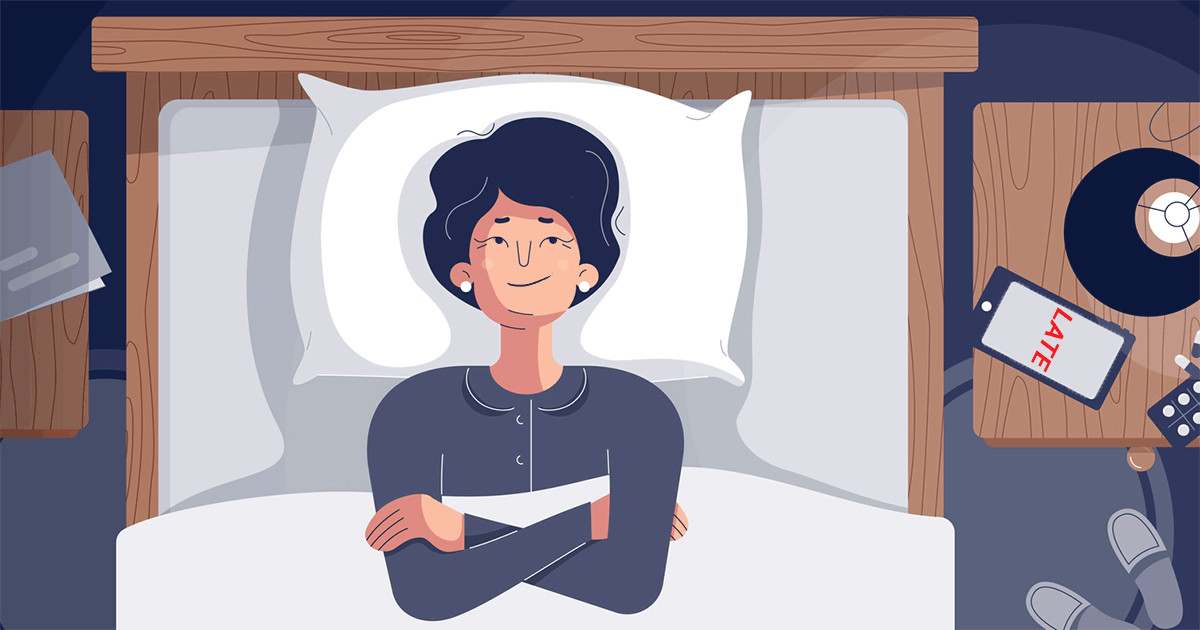Americans positively love their coffee. Even in the final spring, while the pandemic dclosed in New York, almost every neighborhood shop that offered takeout coffee managed to live open. I was surprised at how many people ventured forth to start their live-at-domestic days with a favorite store-made brew. One elderly pal who pre-pandemic had traveled from Brooklyn to Manhattan using the subway to buy her favored a combination of floor coffee arranged to have it introduced. “Well, well worth the delivered value,” she instructed me.

I use device-brewed coffee from pods, and in the ultimate summer, while it seemed moderately secure for me to store, I stocked up on a year’s delivery of the blends I like. (Happily, the pods are recyclable.) Coffee Caffeine locks into the identical receptor within the mind as the neurotransmitter adenosine, an herbal sedative. All folks should be satisfied to understand that anything it took to relax, that favorite cup of Joe can also definitely have helped to preserve us healthful.
The brand new assessments of the fitness results of espresso and caffeine, its primary lively factor, are reassuring. Their intake has been linked to a reduced danger of all types of illnesses, including Parkinson’s sickness, coronary heart disease, Type 2 diabetes, gallstones, melancholy, suicide, cirrhosis, liver cancer, cancer, and prostate cancer. In truth, in severa studies carried out worldwide, consuming four or five 8-ounce cups of coffee (or about 400 milligrams of caffeine) a day has been associated with decreased death costs.
In nan observations of more than two hundred,000 members accompanied for as much as 30 years, those who drank 3 to five cups of espresso a day, without or with caffeine, were percent less likely to die early from all causes than were individuals who refrained from espresso. Perhaps the most dramatic was a 50 percent reduction in the chance of suicide amongst ladies and men who were moderate coffee drinkers, perhaps with the aid of boosting the manufacturing of brain chemical compounds with antidepressant consequences.
As a record published last summer by way of a studies crew at the Harvard School of Public Health concluded, even though contemporary evidence might not warrant recommending coffee or caffeine to save you ailment, most of the people consuming coffee moderately “can be part of a healthy way of life.”
It wasn’t constantly for this reason. I’ve lived through many years of sporadic warnings that coffee can be a health danger. Over the years, coffee has been deemed a purpose of situations along with coronary heart disorder, stroke, Type 2 diabetes, pancreatic cancers, tension disorder, nutrient deficiencies, gastric reflux disease, migraine, insomnia, and premature death. As these days as 1991, the World Health Organization indexed coffee as a probable carcinogen. In some of the now-discredited research, smoking, not coffee ingesting (the two regularly went hand-in-hand) was chargeable for the purported hazard.
“These periodic scares have given the general public a totally distorted view,” said Dr. Walter C. Willett, professor of nutrition and epidemiology at the Harvard T.H. Chan School of Public Health. “Overall, regardless of various issues that have cropped up over the years, espresso is remarkably safe and has some essential capacity benefits.” That’s no longer to mention espresso warrants a very smooth iHealth invoice.
Caffeine crosses the placenta into the fetus, and espresso consumption during pregnancy can boost the threat of miscarriage, low start weight, and premature birth. Pregnancy alters how the body metabolizes caffeine, and pregnant or nursing ladies are suggested to abstain, keep on with decaf or at the least restrict their caffeine consumption to much less than two hundred milligrams a day, the amount in approximately widespread cups of American coffee. The most common sick effect related to caffeinated espresso is sleep disturbance. Caffeine locks into the same receptor in the brain as the neurotransmitter adenosine, a natural sedative. Dr. Willett, a co-author of the Harvard file, instructed me, “I no doubt love coffee; however, I have it only sometimes because, in any other case, I don’t sleep thoroughly. Many people with sleep issues don’t understand the relationship to espresso.” In discussing his audiobook on caffeine with Terry Gross on NPR last winter, Michael Pollan knew caffeine as “the enemy of desirable sleep” because it interferes with deep sleep.
He confessed that when the tough undertaking of weaning himself from espresso, he “was snoozing like a youngster again.” Dr. Willett, now seventy-five, said, “You don’t have to get to zero consumption to minimize the impact on sleep,” however, he mentioned that a person’s sensitivity to caffeine “probably increases with age.” People vary extensively in how hastily they metabolize caffeine, allowing some to sleep soundly after consuming caffeinated coffee at dinner, even as others have hassle sleeping if they have coffee at lunch.
But even supposing you may go to sleep without difficulty after an evening espresso can disrupt your ability to get ok deep sleep, Mr. Pollan states in his imminent e-book, “This Is Your Mind on Plants.” Dr. Willett said it’s feasible to expand a degree of tolerance to caffeine’s impact on sleep. My 75-12 months-old brother, an inveterate imbiber of caffeinated coffee, claims it does not affect him. However, obtaining a tolerance to caffeine ought to blunt its advantage if you desire it to help you live alert and targeted even when driving or looking at it. Caffeine is one of more than a thousand chemical substances in coffee, no longer all beneficial.
Among others with fine effects are polyphenols and antioxidants. Polyphenols can inhibit the boom of most cancers cells and lower the hazard of Type 2 diabetes; antioxidants, which have anti-inflammatory outcomes, can counter both coronary heart disease and most cancers, the state’s main killers.
None of this indicates coffee is useful regardless of how it’s prepared. When brewed without a paper filter, as in French press, Norwegian boiled espresso, espresso, or Turkish espresso, oily chemical substances called diterpenes come through that could boost artery-damaging LDL cholesterol. However, those chemicals are absent in each filtered and instantaneous coffee. Knowing I had a cholesterol hassle, I dissected a coffee pod and discovered a paper filter lining the plastic cup. Whew!
Also, Read have to and shouldn’t eat it every day.
Also countering the capability health benefits of coffee are popular additions some humans use, like cream and sweet syrups, which can convert this calorie-free beverage into a calorie-wealthy dessert. “All the things humans put into a coffee can result in junk meals with as many as 500 to 600 calories,” Dr. Willett stated. For example, a 16-ounce Starbucks Mocha Frappuccino has 51 grams of sugar, 15 grams of fats (10 of them saturated), and 370 calories. With iced espresso season near, more humans will probably show up for bloodless-brew coffee. Now growing in recognition, cold brew counters coffee’s herbal acidity and the bitterness that consequences whilst boiling water is poured over the grounds.
Cold brew is made by steeping the grounds in bloodless water for several hours, then straining the liquid via a paper filter out to do away with the grounds and harmful diterpenes and maintain the taste and caffeine that allows you to experience. Cold brew also can be made with decaffeinated espresso. Decaf isn’t completely without health blessings. As with caffeinated espresso, the polyphenols it incorporates have anti-inflammatory properties, which can decrease the chance of Type 2 diabetes and most cancers.














